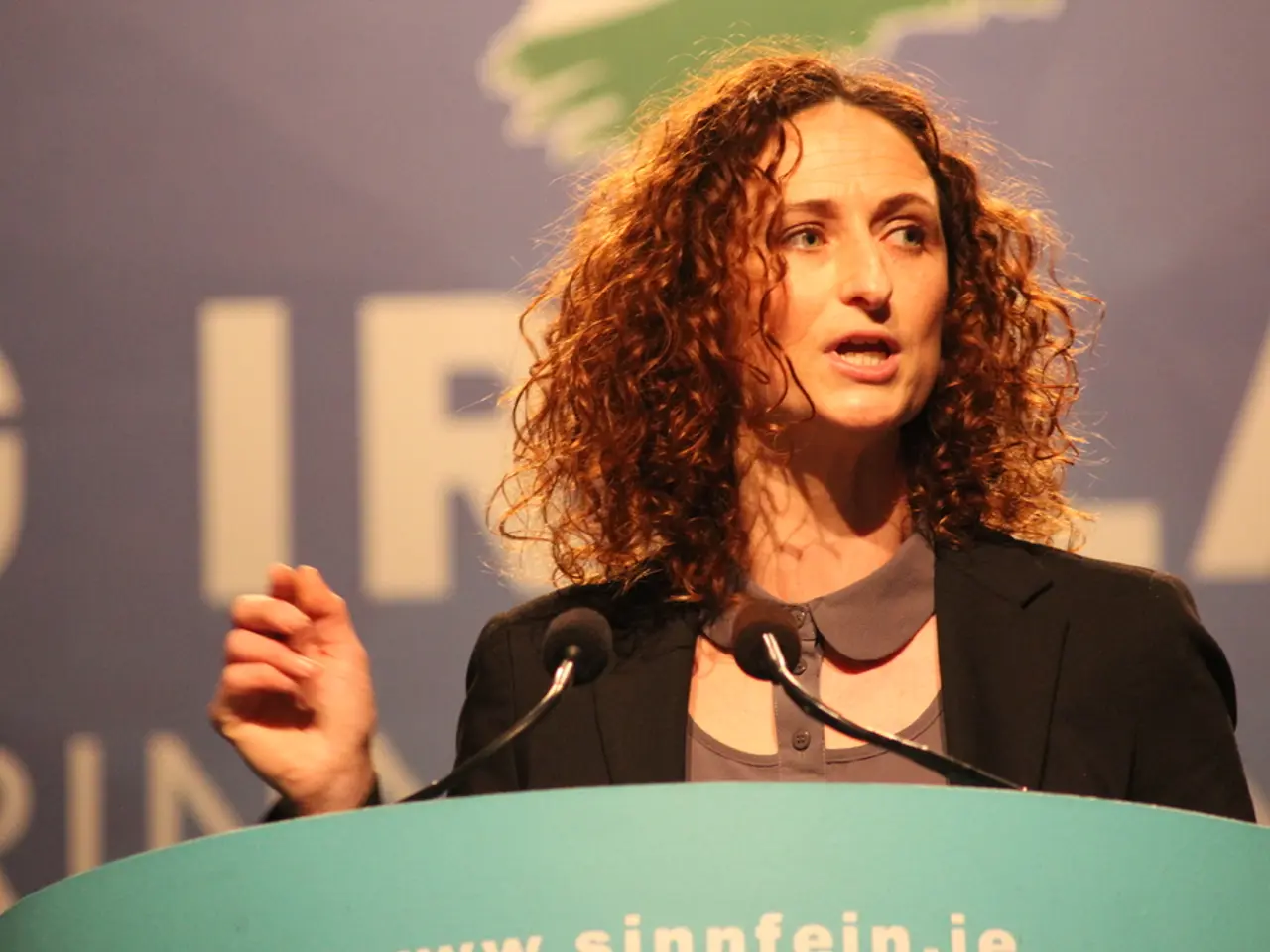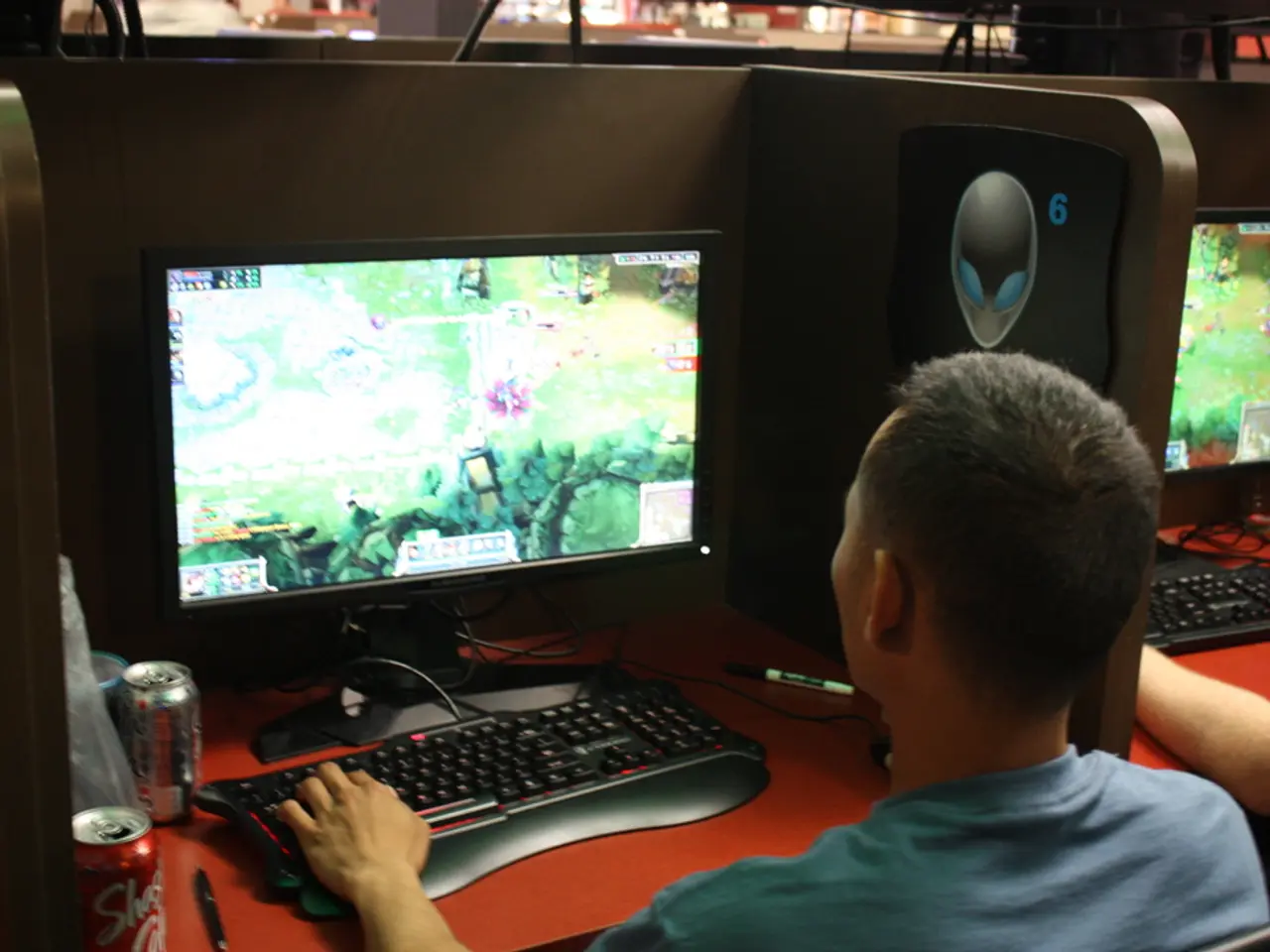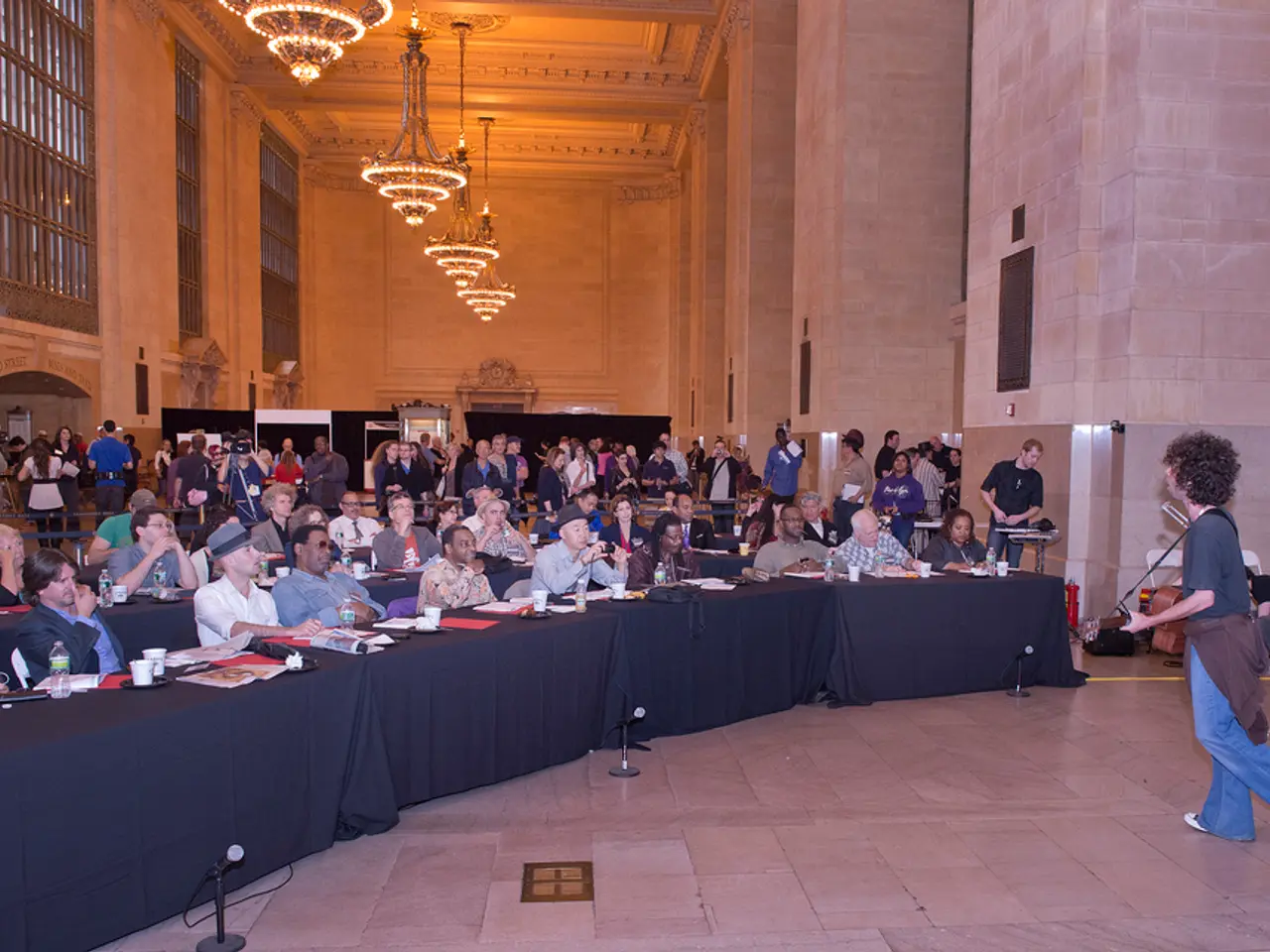Romania's first democratically elected president, Ion Iliescu, who came to power following the 1989 revolution, succumbed at the age of 95.
Ion Iliescu, Romania's first freely elected president after the fall of communism in 1989, has died at the age of 95. His passing has left many waiting for justice as he took answers to questions that still plague society.
Iliescu held de facto military authority during the anti-communist revolt and assumed power after the execution of Nicolae Ceausescu and his wife Elena on Dec. 25, 1989. He served as a lawmaker in the PSD, Romania's most dominant political party since communism ended 35 years ago.
During his tenure, Iliescu was charged with crimes against humanity in relation to the deaths during the revolution and the 1990 Mineriad protests. Specifically, in April 2018, he was accused of approving military measures that led to the killing of around 862 people during the revolution while heading the National Salvation Front interim government, as well as spreading misinformation. Additional charges linked Iliescu to coordinating attacks against civilian protesters during the Mineriad in June 1990, involving government forces and miners quashing protests.
The legal process included multiple phases. Initial charges were brought as early as 2005 but subsequently dropped. The European Court of Human Rights ruled in 2014 that Romania's lack of investigation into the Mineriad violated human rights. Investigations were reopened in 2015, and in June 2017, Iliescu was formally indicted for crimes against humanity related to the Mineriad protests. However, in December 2020, the indictment was rejected because the judges found it legally void, preventing the case from proceeding to trial.
President Nicusor Dan described Iliescu as "the central figure of the 1990s transition." Dan also stated that "history will judge Ion Iliescu." Dan added that it's their duty to clarify the major cases of that era, so they can move forward with accountability.
In January 2023, Iliescu was charged with crimes against humanity in a second case for implementing policies that led to a violent crackdown on civilian protesters in Bucharest in 1990. The charges against Iliescu remain open as he was never convicted.
After his last presidential term, Iliescu congratulated President Dan in a blog post, noting the complex period Romania is going through and the need for coherence, dialogue, and a firm commitment to strengthening democratic institutions and its European path. Iliescu, despite maintaining good relations with the Soviet Union until its collapse in 1991, was a significant figure in Romania's transition to a democratic and market economy.
Iliescu was accused by a growing number of Romanians of being the continuator of the Communist apparatus, trying to hold on to power in an authoritarian-communist style. However, he repeatedly denied any wrongdoing in relation to the deaths during the revolution.
In recent years, Iliescu's health had declined, and he underwent heart surgery in 2019 and was diagnosed with lung cancer in June. Iliescu died on Tuesday at 3.55 p.m. local time after receiving medical treatment in a hospital in Bucharest. Romania's government has extended its condolences to Iliescu's family and announced plans for a state funeral.
- Despite having faced numerous charges for crimes against humanity related to the Mineriad protests and the Revolution, Ion Iliescu, Romania's former president, previously held de facto military authority and played a significant role in Romania's transition to a democratic and market economy.
- It remains to be seen how the legal process will continue in regards to the open charges against Iliescu for implementing policies that led to a violent crackdown on civilian protesters in Bucharest, further adding to the public debates about his role in society.
- Concurrently with the political and legal discussions, the healthcare system also grappled with Iliescu's health issues, particularly his heart surgery in 2019 and diagnosis of lung cancer in June, highlighting the interplay of health, politics, and policy-and-legislation in people's lives.
- As war-and-conflicts and crime-and-justice concerns scarcely touch Romania, general news might now shift focus to discussing the controversial legacy of Ion Iliescu and the policy-and-legislation proceedings posthumously, while exploring opinions by casino-personalities and other public figures on Iliescu's impact on Romania's present state.




